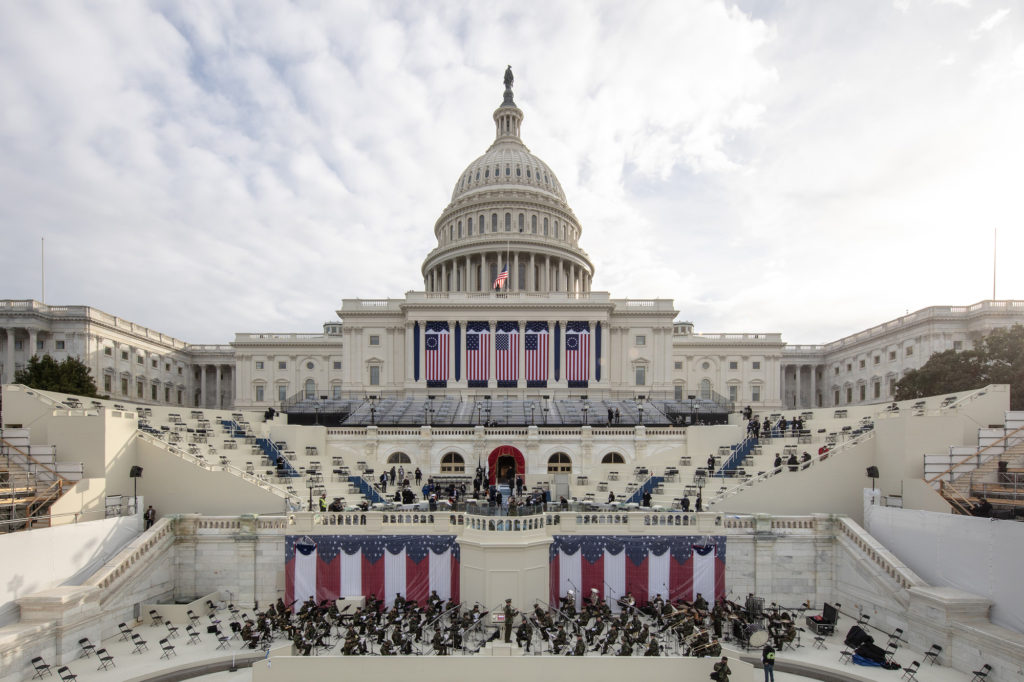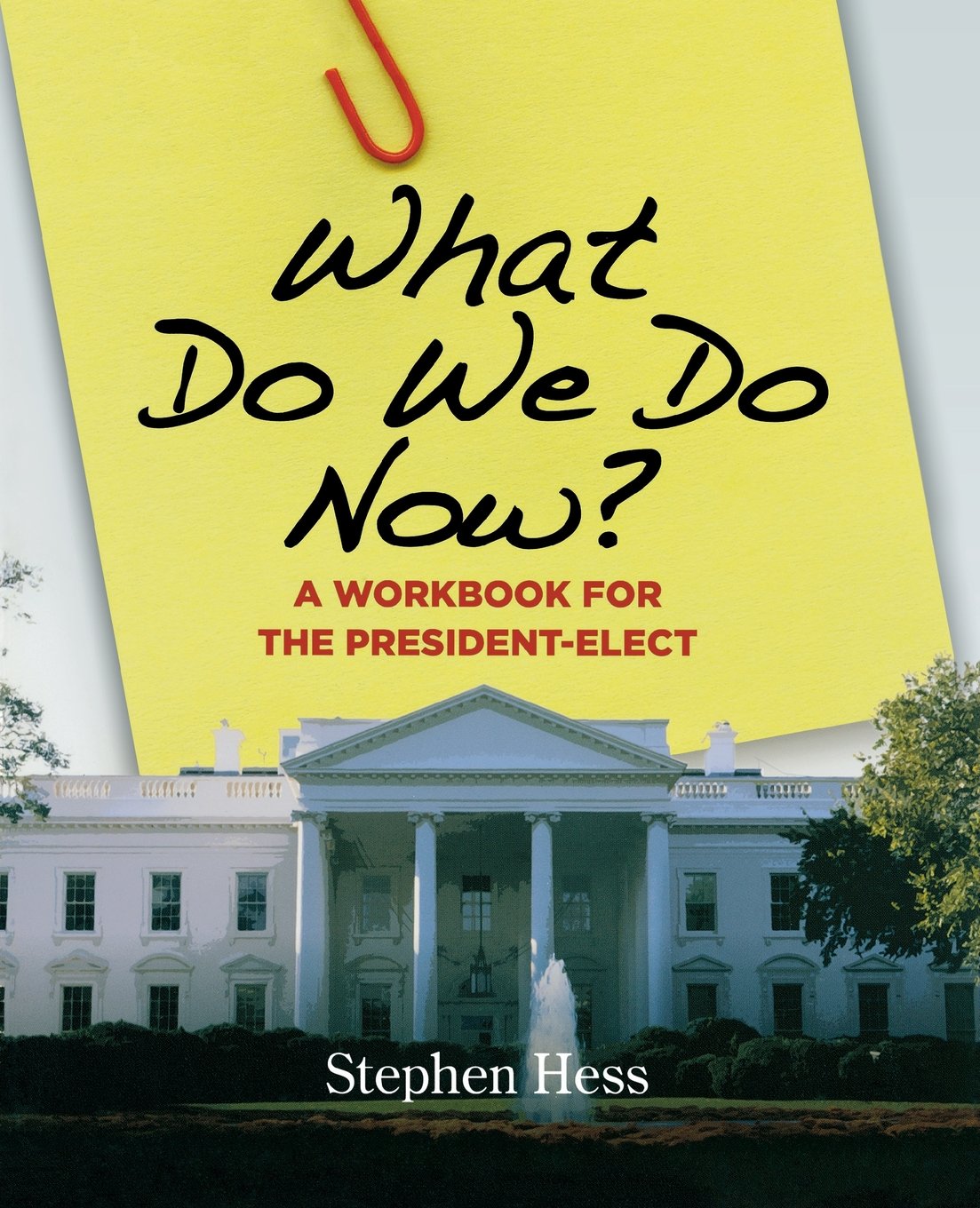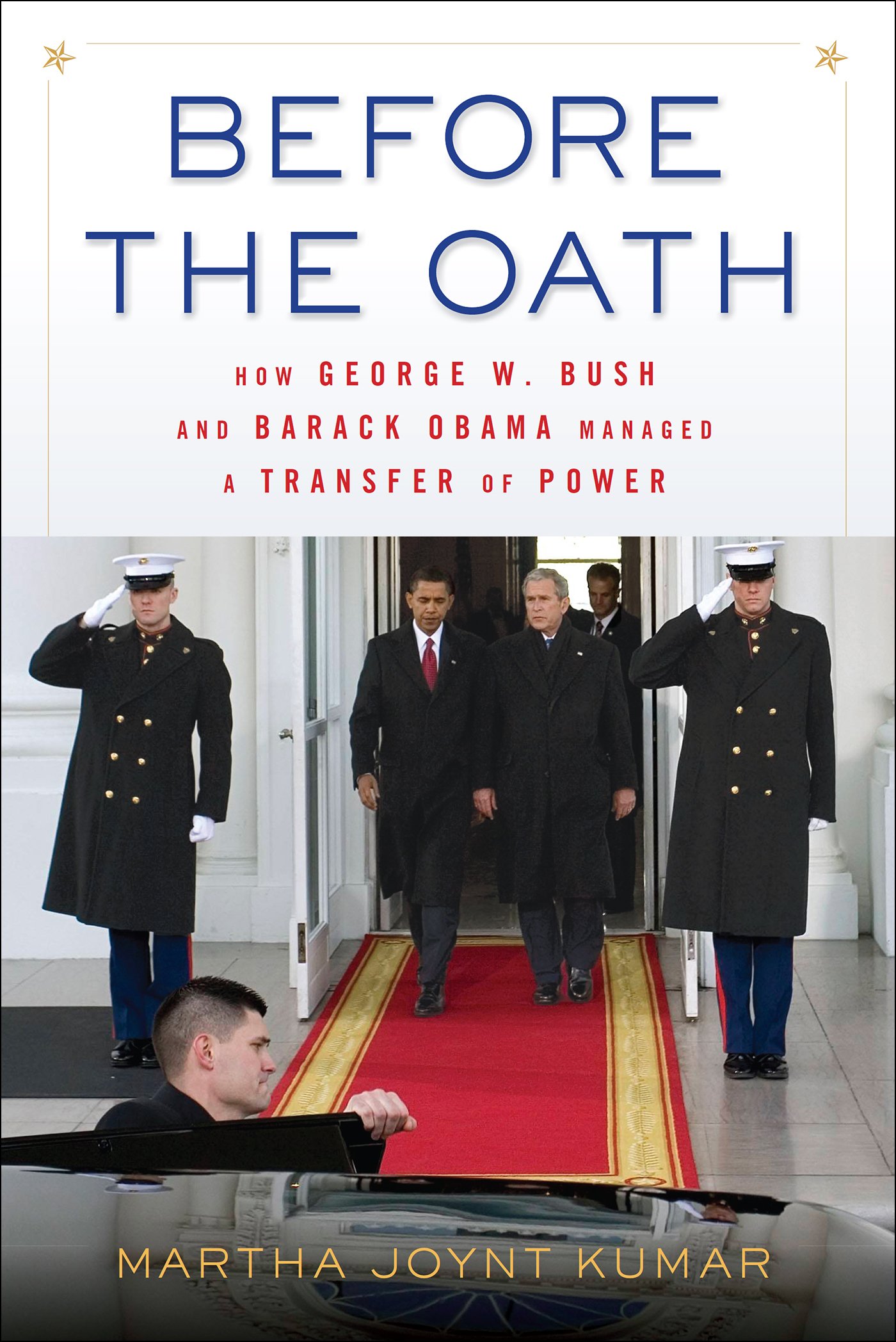January Virtual Display #2: Inauguration Day

Clark College student library worker Rebekah Semrau assisted in the creation of this post.
January 20th is Inauguration Day, when the President-elect is sworn into office. Clark College Libraries has collected resources about the history of Inauguration Day, as well as current information about the 2021 inauguration of President-elect Joe Biden.
Follow the links below to check out some ebooks, videos, articles, and other digital resources. To access ebooks click the link next to “Get It Now At:” and sign in with your lab username and password. Some may have a link at the top of the page that says “Check for full text” instead. Non-Clark Libraries resources do not require a Clark Labs account.
|
U.S. Presidential Inaugural Addresses from Washington to Obama |

|

What Do We Do Now? A Workbook for the President-Elect by Stephen Hess |

|
Other Resources
Articles
Biden, Harris honor COVID-19 victims ahead of inauguration
“Biden will take office as the country is averaging more than 3,000 coronavirus deaths every day, according to Johns Hopkins University data, more than the number of people killed in the Sept. 11, 2001, terror attacks. The daily death toll will continue rising.”
Biden inaugural planners urge Americans to participate from home
“In keeping with tradition, the committee said Biden and Vice President-elect Kamala Harris will take their oaths of office on Jan. 20 atop a traditional dais constructed for the occasion on the West Front of the U.S. Capitol.
But the ceremony’s footprint will be extremely limited, and everything else about the day will look different, they said in a statement. The traditional crowds on the National Mall, the inaugural parade from the Capitol to the White House, and inaugural balls and festivities will all be “reimagined” for a virtual audience.”
“The vague nature of Article II of the Constitution with regard to when the president actually becomes the president through the inauguration was finally settled in the twentieth amendment, which took effect before Franklin D. Roosevelt’s second term began on Jan. 20, 1937.
The twentieth amendment specified that the elected president would become president through inauguration at noon on Jan. 20, two months, instead of four, after the presidential election. The twentieth amendment also clarified the presidential secession plan.”
History of Change and Tradition on Inauguration Day
“Presidential inaugurations have been steeped in tradition and ceremony since the nation’s first president, George Washington, took the oath of the office. But from the parade processions to the swearing-in ceremony, those traditions have changed over time. Here are a few lesser-known facts about the history of presidential inaugurations.”
How Biden’s inauguration could be affected by COVID-19, Trump’s absence
“While running for president during the coronavirus pandemic, President-elect Joe Biden took his campaign online, scrapping large, in-person gatherings and most travel in favor of remote and socially distant campaign events.
On Friday, the president-elect said his inauguration would follow a similar model, telling reporters it could resemble the Democratic National Convention this summer, rather than the typical celebration that regularly brings hundreds of thousands of people to Washington.”
Inaugurations and the White House
“Four key features are associated with a presidential inauguration: the oath of office administered to the president at the Capitol, the inaugural address, the inaugural parade, and the inaugural ball. Only the oath of office is required in Article II, section I of the United States Constitution, with the words: I do solemnly swear (or affirm) that I will faithfully execute the Office of the President of the United States, and will to the best of my Ability, preserve, protect and defend the Constitution of the United States.”
Inauguration 2021: What happens on the day Biden is sworn in?
“Joe Biden and Kamala Harris will still take the oath, of course, to make them officially US president and vice-president, but this will be a much scaled back affair, due to Covid and the recent riots. Here’s everything you need to know about the big day.
Why Does Inauguration Day Fall on January 20?
“In many countries a newly elected leader takes power within a couple weeks or—as in the case of Great Britain—even the day following an election. In the United States, though, more than 11 weeks can pass between Election and Inauguration Days in order to give an incoming president time to choose a cabinet and plan for a new administration. The result is a lengthy lame-duck period, but it used to be even longer.”
Videos and Podcasts
A short history of the inauguration
How Biden’s Inauguration Day Will Differ From Past Presidents
I Do Solemnly Swear: The U.S. Presidential Inauguration
Featured Image Photo Credit: Jeenah Moon – Pool/Getty Images


